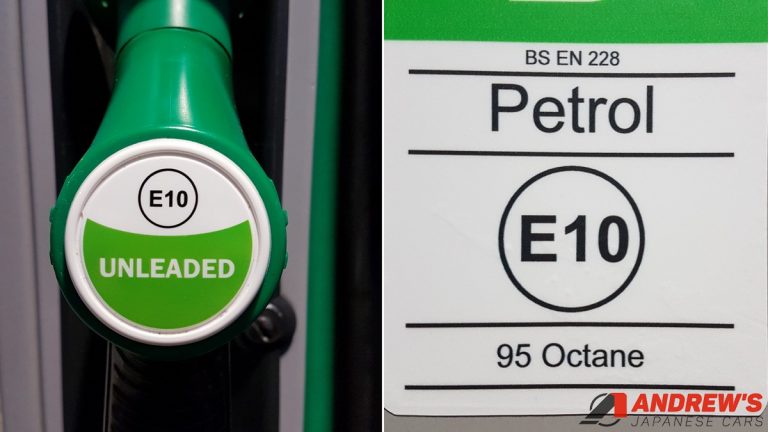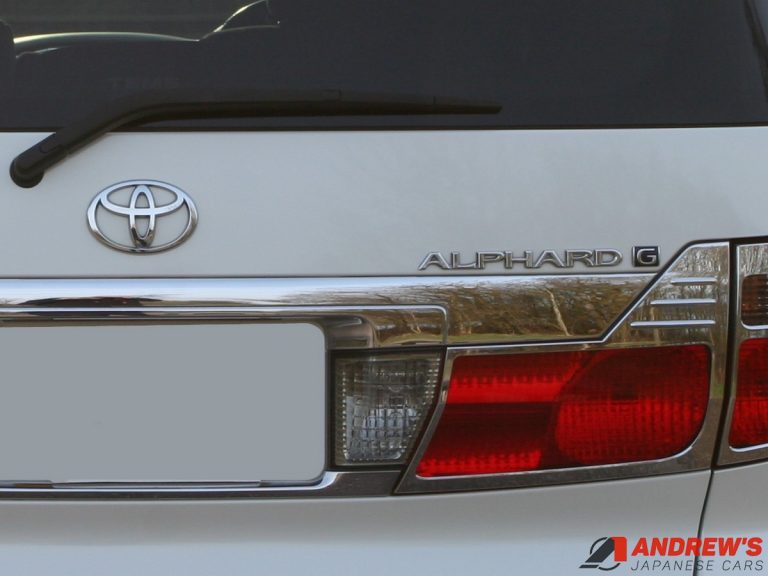Background
Back in the early to mid 2000s there was a real ‘heyday’ for Japanese import car sales in the UK. The yen was weak against the pound, with exchange rates commonly in excess of 200 yen to the pound. There were so many places selling cars imported from Japan and it seemed that the majority of them were diesels: Mitsubishi Shogun, Toyota Estima, Toyota Hilux Surf, Mitsubishi Delica, Toyota Land Cruiser Prado and so on.
If you’ve already started looking into buying a car imported from Japan, you may have noticed a massive change regarding diesel power. There isn’t much at all made in the last 10 years or so that is available with a diesel engine. Whilst this may be a slight over-generalisation, it is a reflection of the tighter controls on diesel engines in Japan, which began about 15 years ago.
Legislation
First introduced in Tokyo in 2000, these controls were intended to reduce harmful particulates produced largely by diesel engines. The controls, initially applied to trucks, meant that from 2003, diesel engined vehicles not meeting particulate emission standards were banned from Tokyo, Chiba, Saitama and Kanagawa. Retrofitting of particulate filters was required to make vehicles meet emissions standards for particulates.
Whilst these changes were primarily aimed at goods vehicles, and diesel cars were not banned completely, there was a significant turn against diesel powered vehicles and Japanese car manufacturers reduced their diesel powered car production substantially.
Diesel exhaust particulates are carcinogens
Diesel engine exhaust gases were recently classed as carcinogenic by the International Agency for Research on Cancer (a World Health Organisation Agency) in the light of significant evidence that they cause lung cancer. Whilst I’m fully aware that diesel fumes aren’t the only inhaled carcinogens in our day to day environments and that we can’t all follow Michael Jackson’s lead and sleep in an oxygen chamber, my view is that this reduction in diesel use is a good thing. I think it will be coming our way in the UK in the not too distant future. Diesel car manufacturers are having to add more and more extra bits to their engines to meet increasingly strict emissions standards (I’m referring to diesel particulate filters in particular here-no pun intended). The result of this is cars that are more expensive to run if things go wrong, which can eat up much of the potential cost benefit of the lower fuel consumption offered by diesel engines.
Conclusion
If you want to import a 10 year old car from Japan, it will probably have a petrol engine. If you’re really worried about fuel consumption you could always consider a LPG conversion.
Got a question about fuel consumption in a car imported from Japan? Ask me!





No bad thing. Diesel engines have become more ‘fragile’ over the last 20 years… injectors, DPFs, EGRs, & then there’s the comfort features such as dual-mass flywheels to ‘smooth’ the drive-train out. All are pretty much considered consumables once the car gets some age & mileage on it, & I’ve always thought that the most reliable vehicles are naturally-aspirated petrols manufactured in Japan.